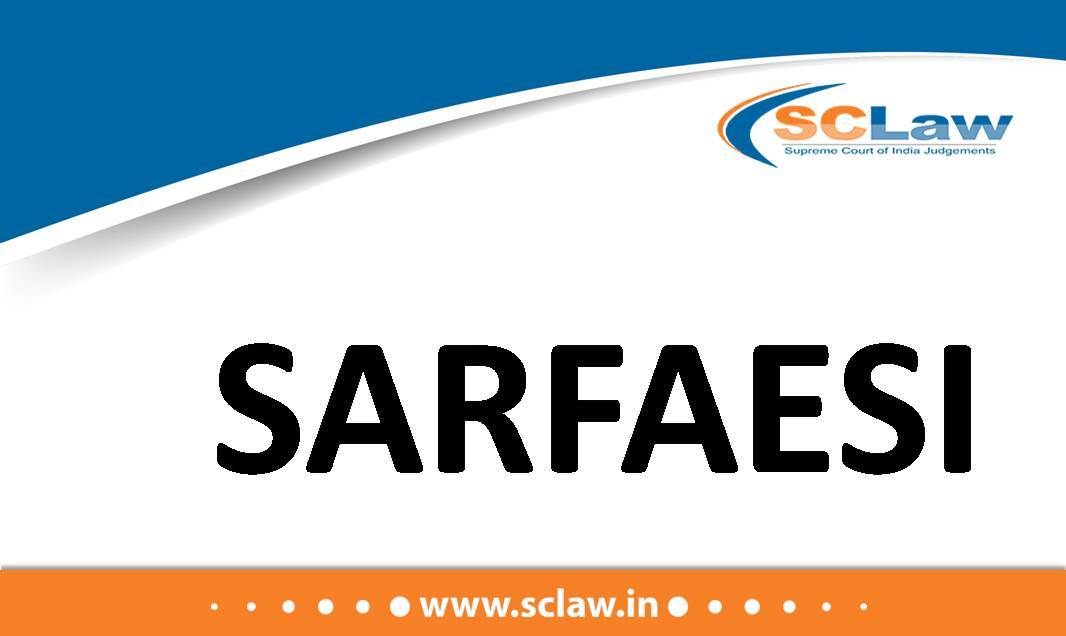‘Shiksha Mitras’ – HELD Fixation of cut off at 65-60%, even after the examination was over, cannot be said to be impermissible – Government was well within its rights to fix such cut off.
SUPREME COURT OF INDIA FULL BENCH RAM SHARAN MAURYA AND OTHERS — Appellant Vs. STATE OF U.P. AND OTHERS — Respondent ( Before : Uday Umesh Lalit and Mohan M.…
Bihar Education Service – Relegating of petitioner after serving as member of the Bihar Administrative service for almost 15 years to Bihar Education Service without affording an opportunity of hearing to him in alleged compliance of the order – not justified
SUPREME COURT OF INDIA FULL BENCH SUBHASH KUMAR — Appellant Vs. THE STATE OF BIHAR AND OTHERS — Respondent ( Before : L. Nageswara Rao, Hemant Gupta and Ajay Rastogi,…
Delhi Special Police Establishment Act, 1946 – There are no pleadings by the public servants with regard to the prejudice caused to them on account of non-obtaining of prior consent under Section 6 of the DSPE Act qua them specifically in addition to the general consent in force, nor with regard to miscarriage of justice – No reason to interfere with the finding
SUPREME COURT OF INDIA DIVISION BENCH M/S FERTICO MARKETING AND INVESTMENT PVT. LTD. AND OTHERS ETC. — Appellant Vs. CENTRAL BUREAU OF INVESTIGATION AND ANOTHER ETC. — Respondent ( Before…
(CPC) – Section 100 – HELD Formulation of substantial question of law or reformulation of the same in terms of the proviso arises only if there are some questions of law and not in the absence of any substantial question of law – High Court is not obliged to frame substantial question of law
SUPREME COURT OF INDIA FULL BENCH KIRPA RAM (DECEASED) THROUGH LEGAL REPRESENTATIVES AND OTHERS — Appellant Vs. SURENDRA DEO GAUR AND OTHERS — Respondent ( Before : L. Nageswara Rao,…
Tender – Termination of – Notice for blacklisting – Order of blacklisting the appellant clearly traversed beyond the bounds of the show cause notice which is impermissible in law. As a result, the consequent blacklisting order dated 09.01.2019 cannot be sustained.
SUPREME COURT OF INDIA DIVISION BENCH UMC TECHNOLOGIES PRIVATE LIMITED — Appellant Vs. FOOD CORPORATION OF INDIA AND ANOTHER — Respondent ( Before : S. Abdul Nazeer and B. R.…
Misbranded drugs – Feeble attempt to show compliance with Drugs Act by alleged purchase of the samples under Form 14A to the counter affidavit from an unknown source and date must be rejected outright as an attempt to create evidence where none exists – High Court therefore erred in dismissing the writ petition on grounds of delay – Appeal allowed
SUPREME COURT OF INDIA FULL BENCH VETINDIA PHARMACEUTICALS LIMITED — Appellant Vs. STATE OF UTTAR PRADESH AND ANOTHER — Respondent ( Before : R.F. Nariman, Navin Sinha and Krishna Murari,…
TRAI to ensure adherence to the regulatory principles of transparency, nondiscrimination and non predation, cannot be said, at least prima facie to be either illegal or wholly unjustified. I.A. allowed
SUPREME COURT OF INDIA FULL BENCH TELECOM REGULATORY AUTHORITY OF INDIA — Appellant Vs. M/S BHARTI AIRTEL LIMITED AND OTHERS ETC. — Respondent ( Before : S.A. Bobde, CJI. A.S.…
Order of stay granted by the High Court is liable to be vacated and the trial directed to be proceeded – Contempt Petition is closed without going into the rival contentions – SLP is allowed
SUPREME COURT OF INDIA FULL BENCH T.S.K. ASHWIN KUMAR — Appellant Vs. TUBATI SRIVALLI AND OTHERS — Respondent ( Before : S.A. Bobde, CJI. A.S. Bopanna, and V. Ramasubramanian, JJ.…
Food Adulteration – Complaint filed against Directors of the Company – Held Therefore, in the absence of the Company, the Nominated Person cannot be convicted or vice versa -to convict the Company renders the entire conviction of the Nominated Person as unsustainable – Complaint dismissed.
SUPREME COURT OF INDIA FULL BENCH HINDUSTAN UNILEVER LIMITED — Appellant Vs. THE STATE OF MADHYA PRADESH — Respondent ( Before : L. Nageswara Rao, Hemant Gupta and Ajay Rastogi,…
S R F A E S I Act, 2002 – S 14 – HELD the time limit stipulation in the amended Section 14 of the SARFAESI Act is directory and not mandatory – Appeal dismissed. Counsel for Appearing Parties
SUPREME COURT OF INDIA FULL BENCH C. BRIGHT — Appellant Vs. THE DISTRICT COLLECTOR AND OTHERS — Respondent ( Before : L. Nageswara Rao, Hemant Gupta and Ajay Rastogi, JJ.…














